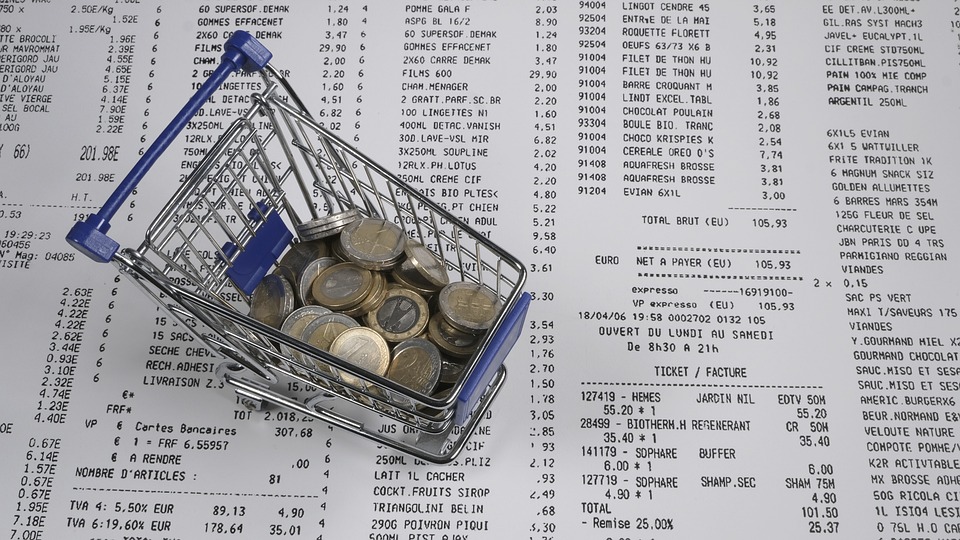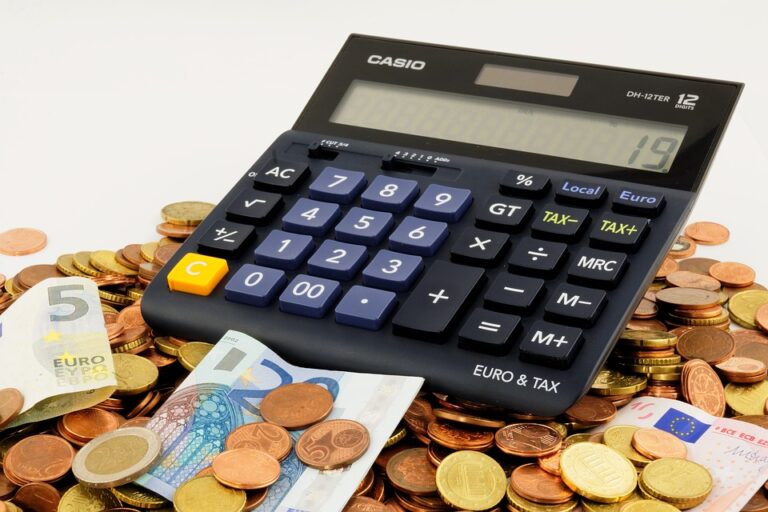Last updated Jun. 25, 2024 by Peter Jakes
Building and maintaining healthy financial habits is essential for avoiding credit card debt. This article delves into practical steps and strategies to prevent the accumulation of debt, ensuring financial stability and peace of mind.
Title: How to Avoid Building Credit Card Debt
Credit cards can be exceptionally convenient and beneficial if managed wisely, but they can also lead down a slippery slope to overwhelming debt if not handled carefully. The key to avoiding credit card debt involves disciplined spending, careful planning, and strategic financial management. Here’s how you can do it:
1. Understand Your Spending Habits
Before you can avoid credit card debt, you need to understand where your money is going. Track your spending for a few months to identify patterns. Are there areas where you can cut back? Are you making unnecessary purchases? Awareness is the first step in controlling your spending and avoiding debt.
2. Create a Budget
A well-planned budget is a cornerstone of good financial health. List your monthly income and expenses to see where you can trim costs. Assign specific amounts to categories like groceries, entertainment, and savings. Stick to this budget diligently and adjust it as necessary.
3. Use Credit Cards for Essentials Only
Limit your credit card usage to essential expenses such as groceries, gas, and utility bills. This practice ensures that you are not racking up debt for non-essential luxuries. Moreover, it makes it easier to pay your balance in full each month.
4. Pay Your Balance in Full Every Month
Paying your credit card balance in full every month is the best way to avoid interest charges and debt accumulation. If you can’t pay the full amount, aim to pay more than the minimum payment to reduce your balance faster.
5. Set Up Automatic Payments
Setting up automatic payments for your credit card bills can help you avoid late fees and missed payments, which can contribute to debt. Ensure you have sufficient funds in your bank account to cover these payments to avoid overdraft fees.
6. Avoid Cash Advances
Cash advances can be tempting, but they come with high-interest rates and additional fees. Avoid using your credit card for cash withdrawals to prevent unnecessary debt.
7. Use Alerts and Notifications
Most credit card companies offer alert services that notify you when your bill is due, when you’re approaching your credit limit, or when there is suspicious activity on your account. Use these alerts to stay on top of your credit card usage and avoid overspending.
8. Build an Emergency Fund
Having an emergency fund can prevent you from relying on your credit card during unexpected situations. Aim to save at least three to six months’ worth of living expenses to cushion yourself against financial emergencies.
9. Avoid Store Cards and Promotions
Retailers often offer store credit cards with tempting discounts. However, these cards usually come with higher interest rates and lower credit limits, making it easier to accumulate debt. Be cautious and avoid signing up for these cards.
10. Limit the Number of Credit Cards
Having multiple credit cards can lead to confusion and mismanagement. Limit the number of credit cards you own to keep track of your spending more effectively and avoid debt.
11. Monitor Your Credit Report Regularly
Regularly checking your credit report can help you identify any errors or fraudulent activity that could contribute to debt. You are entitled to a free credit report annually from each of the three major credit bureaus.
12. Seek Financial Advice
If you find yourself struggling with credit card debt, don’t hesitate to seek professional help. Financial advisors can provide you with strategies tailored to your specific situation.
13. Beware of Balance Transfers
While balance transfers can temporarily reduce interest rates and payments, they are not a solution for debt if you continue to overspend. Use them wisely and focus on paying off your balance instead of accumulating more debt.
14. Understand Interest Rates and Fees
Educate yourself about the interest rates and fees associated with your credit cards. Knowing how much extra you will pay if you carry a balance can be a powerful deterrent against overspending and accruing debt.
15. Make a Debt Repayment Plan
If you already have some credit card debt, make a concrete plan to repay it. Prioritize paying off high-interest debts first or use the snowball method to tackle smaller debts first and build momentum.
16. Avoid Impulse Purchases
Impulse buying can quickly lead to debt. Take a moment to consider whether a purchase is necessary before swiping your card. Wait 24 hours before making significant purchases to give yourself time to reflect.
✓ Short Answer
To avoid building credit card debt, understand your spending habits, create a budget, use credit cards for essentials only, and pay your balance in full each month. Set up automatic payments, avoid cash advances, and use alerts for better management. Build an emergency fund and limit the number of your credit cards. Regularly monitor your credit report and seek financial advice if necessary.
17. Share Financial Responsibilities
If you share expenses with a partner or family member, involve them in the budgeting and spending processes. Clear communication about financial goals and responsibilities helps prevent misunderstandings and debt.
18. Be Aware of Credit Limits
Stay informed about your credit card limits and aim to use less than 30% of your available credit. This not only helps with debt management but also positively impacts your credit score.
19. Leverage Rewards Wisely
If your credit card offers rewards, use them to your advantage, but do not let them tempt you into spending more than you can afford to pay off each month.
FAQs
1. Should I close credit card accounts to avoid debt?
Closing credit card accounts might seem like a good way to avoid debt, but it can negatively affect your credit score by reducing your available credit and increasing your credit utilization ratio. Instead, focus on managing existing accounts responsibly.
2. What should I do if I can’t pay my credit card bill?
Contact your credit card issuer immediately to discuss your options. They may offer hardship programs, temporary reduced payment plans, or financial counseling.
3. Is it bad to carry a small balance on my credit cards?
While carrying a small balance may not be detrimental, it’s best to pay off your balance in full each month to avoid interest and build better financial habits.
4. How do I consolidate credit card debt?
To consolidate credit card debt, you can use balance transfer cards, personal loans, or debt management plans. Each option has its pros and cons, so choose the one that suits your financial situation best.
5. How often should I check my credit report?
Check your credit report at least once a year from each of the three major credit bureaus to ensure accuracy and monitor for potential fraud. Regular monitoring can help you stay on top of your credit situation and avoid unexpected debt.
By taking deliberate steps and adhering to these guidelines, you can avoid falling into the trap of credit card debt. Always remember that the goal is not just to stay out of debt, but to build a robust financial future.





